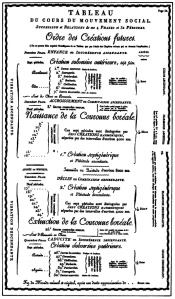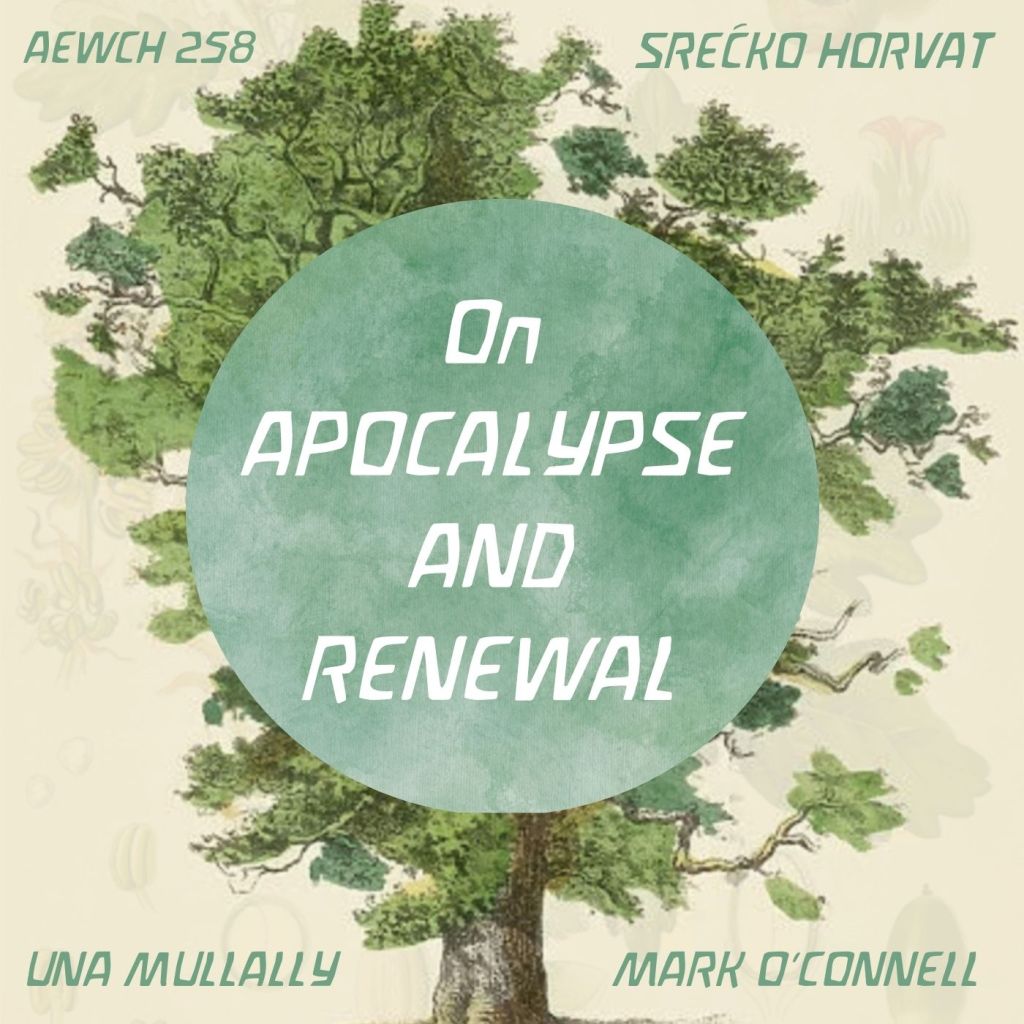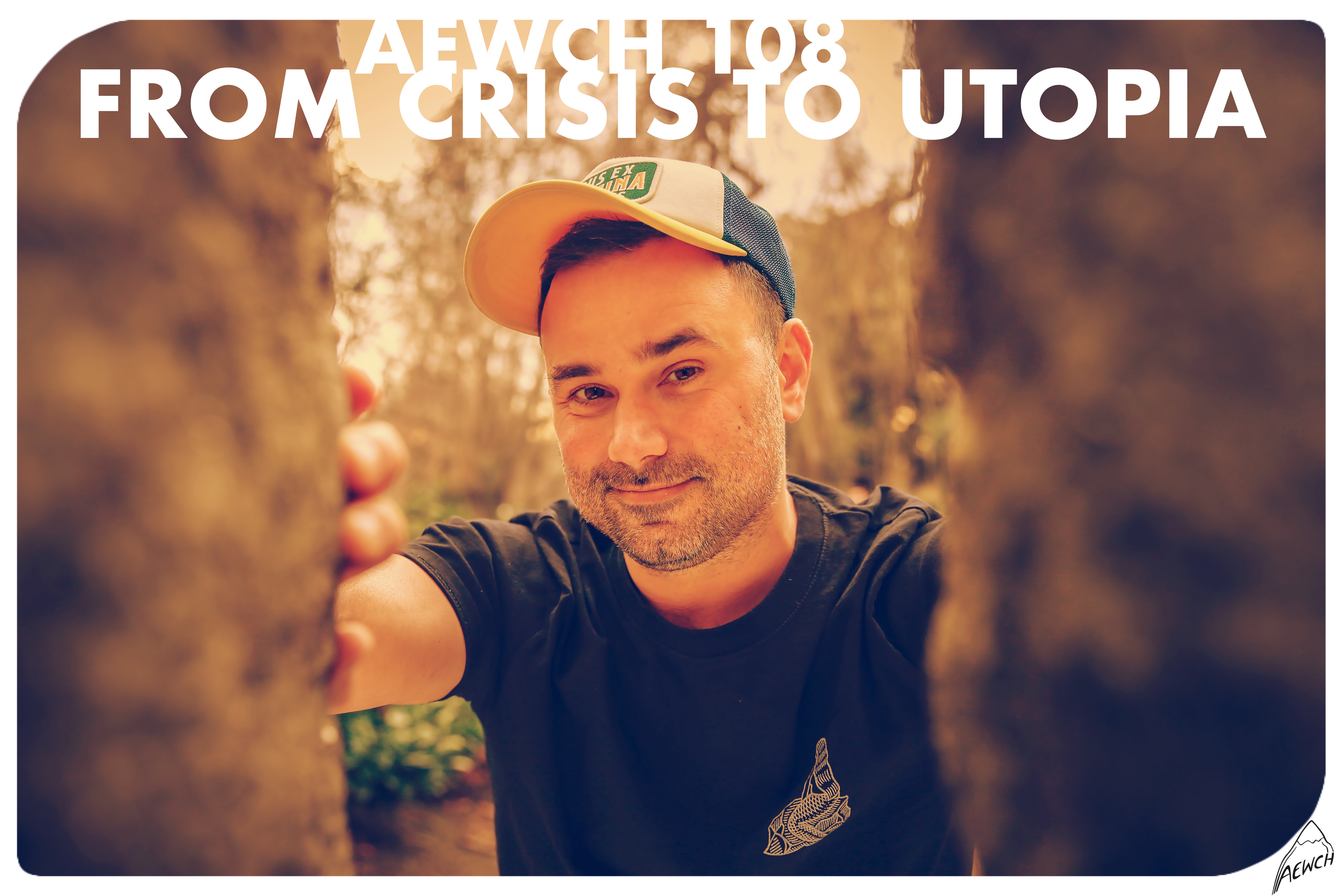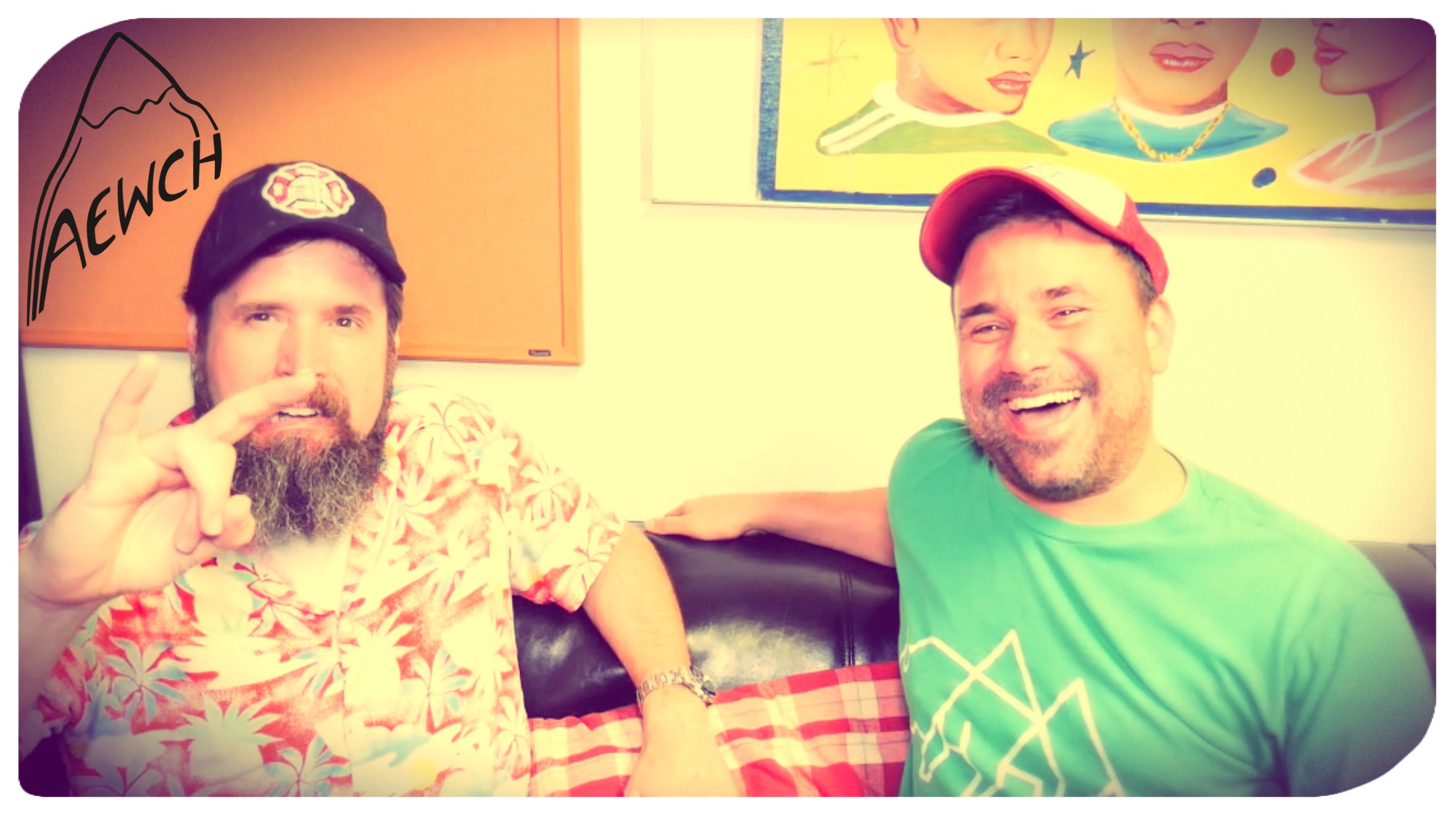Each week this summer, I’ll be posting short essays on sexual thinkers (read the introduction to the series here) who have changed my perspective on sex, and who, I believe, could be instrumental in helping us remake Western sexual culture. It will include some bits about my own life, some history, and some controversial claims. Last week I offered up my portrait of genius/madman/lover/fighter and sexologist, Wilhelm Reich. The series also appears on RealitySandwich.com.

Charles Fourier
Impossible Pleasure: Charles Fourier’s Queer Theories
“Often when we are merely enjoying ourselves, we are involved in political processes of the highest importance.”
– Charles Fourier (1772 – 1837)
There are eight billion people on the planet, which means there are eight billion different sexualities. The closer we get to understanding this, the better our sexual understanding will be. One problem many thinkers have with sex, no matter how spiritually enlightened, scientifically educated, or logically disciplined they are, is that they constantly slip into sexual prescription without realization of this perspective.
To make matters worse, since sex is always, in one way or another, part of being human, many people with extremely limited sexual experience feel entitled to talk about it authoritatively. Whenever a guru, psychologist, or scientist starts telling you about how you should run your sex life or view the sex lives of others, the first question you should ask is, “So how much sex have you had?”
You may, then, see them flounder a bit, exposing their inability to address a simple question.
Then push even more. Even if they’re able to express a general okay-ness about having plenty of sex, don’t let them off the hook. Openness to more sex is a good start, but not enough. If it were, ancient Greeks and Romans would have had it made. But their societies, though more sexually permissive, were still riddled with their own versions of sexual oppression. It’s not freedom to have more sex that matters so much as the encouragement of freedom and compassion that greets sex in general.
So follow up your first question, if they answer, with some more: What gender, racial, cultural diversity demographic do their partners represent?
Is it limited or broad in scope?
What kinds of sexual acts exactly?
You’ll quickly get a sense of where their sexual ideas are coming from, and also a sense how little they apply to you.
Sex is the teacher of sexuality. Sex teaches us about itself (among other things), when we listen. Since all of us are bound to have limited sexual experiences and to have our own unique set of desires, we would do well to understand that everyone has their own singular teacher in their sex lives.
That doesn’t mean we can’t come up with general understandings of sex. But when we create a moral framework around general ideas, demanding they be equally applicable to everyone, we lose our way and find ourselves on the path to fundamentalism. Any given sexual act may be healthy for one person and damaging in another, even though it appears to us to be the exact same act. For instance, one person may enjoy being flogged during sex and experience it as a cathartic and orgasmic pleasure. Another, engaging in the same act, may experience it as an unhealthy reenactment of trauma.
Here’s an example of sexual fundamentalism in an unlikely place: The new age/self help movement’s prescription of karezza. Karezza (or coitus reservatus) is the practice of orgasmic self-control. The idea — rumored to originate in ancient wisdom but essentially fleshed out by Alice Stockham, a late 19th/early 20th Century gynecologist — is that sex should not be about the orgasm. Sounds good enough; we often overemphasize orgasm in our current cultural understanding of sex. But then comes the dogmatic karezza leap: men should not ejaculate. Orgasm can lead to a loss of “vital energy,” whatever that means, and ejaculation is the worst culprit.

Typical fundamentalist moralizing masquerading as science.
Practicing karezza is certainly a worthwhile sexual experiment – understanding that sex is not simply gyrations leading to orgasm allows people to explore the other contours and feelings of sexual experience. But many karezza practitioners make grand claims about its benefits, including its ability to improve mood, keep couples together, and lead to spiritual enlightenment. This also isn’t so much of a problem; for some people karezza probably has contributed to these effects. The real problem is when they commit the error of conflating possible effects for definite morals. For many practitioners and authors, it’s not just that karezza can improve some people’s moods, it’s that orgasm will make you angry or frustrated. It’s not just that a couple may find their bond strengthened by practicing karezza together, but that orgasm will drive them apart. Suddenly, what was once a personal choice, up to the individual, becomes a grand statement about what kind of sex we all should be having.
In spite of karezzean claims, the visual eroticization of ejaculation can be beneficial and create happiness. The knowledge that your partner has had an orgasm (even if you haven’t) can bring a couple closer. For some, having sex without orgasm is damaging and creates difficulty having healthy sexual relationships. And of course, not all relationships should be sustained; sex and, yes, orgasm, is important for casual bonding where long-term commitment or deep bonding is inappropriate.
When arguments against the universal value of karezza show up, practitioners are apt to utilize all the phony pseudoscience they can muster (in a similar vein to phony sex-and-porn-addiction models and data). No surprise that many vocal defenders of the method are also anti-porn, strictly pro-monogamy, and homophobic. Indeed, if you take into account the sexual-cultural value of ejaculation for gay men, karezza has a homophobic tendency to begin with.
I’m singling out karezza not because it’s inherently bad; it is beneficial for some people. I’m singling it out because it’s an example of how simply being sex-being “okay” with sex does not mean you won’t demonize others. Nor does claiming you are “sex positive” or talking about sex. To see the teaching and human mystery of sex, we’ll have to do better than moral prescriptions dressed up as science or new age progress.
We’ll have to begin treating sex as a question of the individual.
Few people attempted this task in quite as much detail as social theorist and utopian thinker Charles Fourier. Fourier was a sort of classical naturalist, but rather than naming plants and animals, he created a dizzying catalog of human behaviors, hopes, dreams, and above all, passions. He was exhausted by passion.

Roland Barthes (1915 – 1980)
His work is a frenzy of categorization and the invention of new terms, which led literary theorist Roland Barthes to lucidly dub him a “formulator.”
Fourier, like Wilhelm Reich over a century later, understood civilization wasn’t just filled with problems, but waiting to be totally remade. Fourier believed that we’d been led astray by idiot philosophers, bamboozled into and stuck in a dead end corner of culture, with no room to move. Guarding that corner, making sure no one could go anywhere, was the concept of the family, and especially the monogamous married couple. Marriage, Fourier showed us, was what happened when two people merged to become one unhappy entropy. Like the gay rights movement of the 1960s/1970s and the queer movement of today, Fourier saw the problems of monogamy and marriage as radiating out into society.
“Perpetual fidelity in love is contrary to human nature,” he wrote. “…marriage cannot offer a single chance of happiness which the couple could not find if they were completely free.”
Part of the problem was that marriage, even when it was a choice, was not a choice. Culture compels us. Fourier saw that women, in particular were so pressured to marry the right man, and that both were forever after bound to be faithful, even if they were unhappy.
Marriage was “reducing all women, without exception, to the chastity demanded of them, such that no women could make love before marriage, nor have any man after her marriage except her husband, with the result that, for the whole of his life, no man could have any woman except the housewife he had married. What would men think about the prospect of being reduced, for their entire lifetime, to enjoying nobody save a wife whom they had stopped liking the day after their wedding? Every single man would want to strangle the originator or discovery that threatened to abolish love affairs…”
And love affairs weren’t offering much solace either, since they were greeted with such taboo when discovered.
But Fourier’s deep contribution wasn’t his critique, it was his obsessively detailed solution. He envisioned a world, a universe, even, centering on pleasure. It was a world that was half-born, waiting for us to both discover its presence and to make it real. In his vision, the planets are bisexual and make love to each other. All the animals have a pleasurable purpose in the grand scheme of things. The oceans taste like lemonade.
The rhythmic crash of lemonade waves is what anyone knows of Fourier these days, if they know him at all. It’s a point of absurdity used to dismiss him. Oceans of lemonade? Ridiculous! But of course, ridiculous, grand ambition is his point. Read in the context of his work, oceans of lemonade still seems wistful, but not silly. Fourier’s task was to envision. Envisioning was the imaginative first step to expanding our world.
“Our fault,” he wrote, “is not, as has been believed, to desire overmuch, but to desire too little…”
Desire would drive us, if we let it, to imagine and create a new world. Fourier’s imagination was a counterweight to the settling oppression of the day. Don’t let any of it go, Fourier said, fight the probable with the impossible. Imagine everything changing: changed for us, changed for pleasure.
In Fourier’s universe, the government would take a form that rendered it nearly unrecognizable by current thinking; it would be a

One of many Fourier-inspired communities, or phalanxes, utopian mini-cultures founded on his ideas.
community that had the duty of promoting pleasure. In other words, the organizing structures we live in would be there to give us what we need, not vice versa. The state, whatever was left of it, anyway, would feel less like a boot on our necks and more like oral sex. Except, of course, for those that enjoy the feeling of a boot on their necks.
Before leveling a psychological critique against Fourier — But do people know what they really want? Maybe they want oppression?— you should know that he had an answer: The more that pleasure is permitted, the less evil anyone will do. Pleasure was a door to itself, or an unending clutch of nesting dolls. Pleasure opened up to more pleasure. And more pleasure. And so forth. Until the culture of repression fell away and all we were capable of was good.
Of particular interest, and why not?, was sexual pleasure. There were other pleasures, to be sure, but they were all eroticized, as were whatever duties we had. Work, for instance, would be communal, relational, and deeply sensual. Is your job drudgery? Well, make it pleasurable! Sexualize your strain and effort, and engage in it erotically with your co-workers! This might sound like a capitalism gone wild, but remember that Fourier’s work was to envision the entire world: if pleasure led to more pleasure, and everyone and every aspect of life were included, we’re engaging with a vision far too vast to be compared with simplistic promises of “love what you do” capitalism.
Sexual pleasure was everywhere, and Fourier wanted us to discover it. And not just one kind of sex. He supported homosexual sex and many acts that were condemned in his time as perversions. In fact, he constructed sexuality in a such a complex and complicated manner, that the Alfred Kinsey’s gay-straight scale seems offensively simplistic next to it. Fourier knew that sex was so varied that it couldn’t be contained by one version of sex with one kind of partner. “Sexual integrity brings the sexes closer to each other; if nothing is forbidden or suppressed anymore, there would be a bridging of sexual identities…” Because Fourier truly cared about the individual nature of sexuality, all versions of sex need to be discovered. It was a sentiment echoed almost a century later by magus Aleister Crowley, yet it is still not lived up to by Western culture:
“Every one should discover, by experience of every kind, the extent and intention of his own sexual Universe. He must be taught that all roads are equally royal, and that the only question for him is ‘Which road is mine?’ All details are equally likely to be of the essence of his personal plan, all equally ‘right’ in themselves, his own choice of the one as correct as, and independent of, his neighbor’s preference for the other. He must not be ashamed or afraid of being homosexual if he happens to be so at heart; he must not attempt to violate his own true nature because public opinion, or mediaeval morality, or religious prejudice would wish he were otherwise.” (from Crowley’s The Book of the Law)

from Fourier’s ‘Théorie des quatre mouvements et des destinees generales’
Because sex is part of being human, access to healthy and consensual sexual experiences is a human right. To this end, Charles Fourier wrote about a “sexual minimum.” Everyone should be assured sexual satisfaction in their lives to avoid corruption of everyday life and relationships. Since so many people are afraid of not getting laid, so much time and so many words are spent seeking sex. A culture that worked to guarantee a sexual minimum would remove many of the problems that arise in desperate pursuit. Relationships would be purified and clear. Countries wouldn’t go to war in a state of frustrated tension. Fourier suggested that the beautiful would have sex with the less beautiful, and that the less beautiful would be sexually honored for their beautiful features and traits.
If this sounds alarming, and your thoughts turn to sexual slavery or decadent privilege or societally-imposed standards of beauty here, remember the lovemaking planets and oceans of lemonade. Fourier’s impossible aim was that everyone would feel, think, and act in an unending tide of sexual freedom. Whenever we stumble on a point Fourier makes, we are generally confusing his vision with its implementation. We don’t have to think of him as perfect, but our attention in Fourier should be on what is imagined, not what is “practical.” If we think his vision includes pain and suffering, not pleasure, we can (at least generally) be sure that we’re desiring too little, not dreaming big enough, and ultimately misinterpreting his vision.
“This is what is truly remarkable about Fourier,” wrote cultural critic McKenzie Wark, “the ability to imagine a relational pornography, where all social contacts are pleasurable and engage as many of the passions as possible.”
Today, we encounter — through online pornography — a wish that Fourier made, still in progress. We can see all manner of sexual acts online, some more performative than others, but we rarely envision our world as being constituted of such a diverse tapestry of sex and sexuality. Critics of online porn would do well to read Fourier and see potential instead of a moral problem. Diverse sexual imagery is a visual stepping stone to a more sexually open culture that supports individual and diverse desire. If we think in Fourier’s terms, we recognize that we have yet to attain the radical acceptance of pleasure that would allow us to be as sexually free as what we see on our computers.
It requires a tremendous capacity to imagine such a world. All the pleasures, all the time. All the passions.
Until we imagine it, it’s less than impossible, it’s non-existent, even in the imagination. Fourier pushed the boundaries of what could be imagined and desired. The impossible landscape of total pleasure is still impossibly distant and strange, but thanks to Fourier, we have at least have an impossible map.
*
Next Up: How To Defeat Shame with Vulnerability
*
Sources
Barthes, Roland. Sade/Fourier/Loyola. Berkeley: University of California Press, 1989.
Fourier, Charles. The Hierarchies of Cuckoldry and Bankruptcy. Cambridge: Wakefield Press, 2011.
Fourier, Charles. The Theory of the Four Movements. Cambridge, UK: Cambridge University Press, 1996.
Wark, Mckenzie. The Spectacle of Disintegration: Situationist Passages Out of the 20th Century. New York: Verso, 2013.
Larsen, Lars B. “Giraffe and Anti-Giraffe: Charles Fourier’s Artistic Thinking.” E-flux. 2011. Web.
Tags: #TheSexRadicals, academia, activism, Aleister Crowley, anarchism, Charles Fourier, Conner Habib, occult, philosophy, porn, porn rights, Roland Barthes, sex and culture, utopia







 Friends,
Friends,







